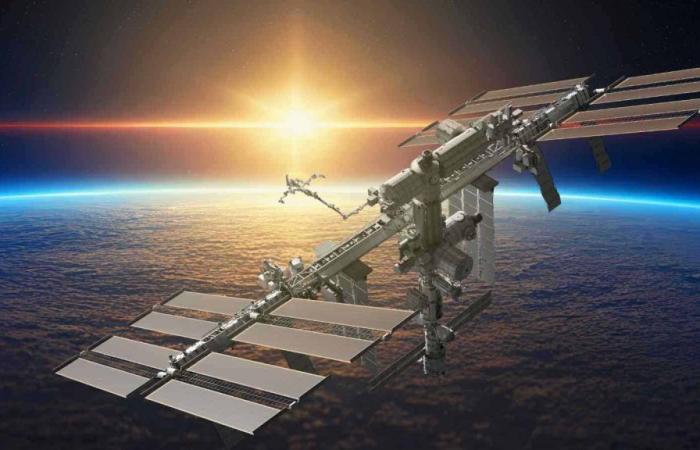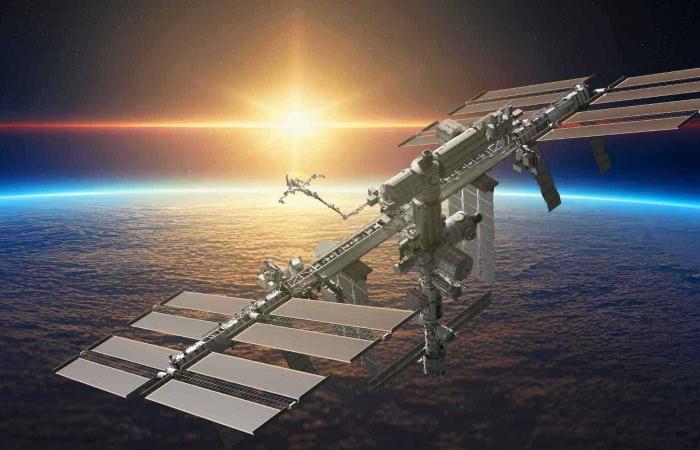The realization of International Space Station (ISS) represents one of the engineering companies most extraordinary of the 20th century, a symbol of international cooperation that saw the overcoming of Cold War tensions between the United States and Russia. Launched in November 1998the ISS served as an advanced orbiting scientific laboratory and human outpost in space, located approx 408 km high in low Earth orbit.
The decommissioning of the ISS
But after 26 years of activity, the ISS begins to show i signs of wear. Her structures they accuse various problems, such as small oxygen leaks that astronauts must deal with on a daily basis. Furthermore, many of the equipment I’m on board now obsolete o in the process of being decommissionedand future missions may have difficulty repairing the accumulated damage.
Despite the efforts of the space agencies involved—which have sent numerous instruments and materials to keep the station operational—the economic situation and the management difficulties They are becoming unsustainable. The NASA is therefore designing a plan for the future of the ISS, considering a controlled return and safe on Earth.
In collaboration with SpaceXthe US space agency intends to develop a deorbiting vehicle, called Deorbit Vehicleto guide the ISS towards an inevitable descent. The plan is to make to crash the station in the Nemo Pointthe most remote area of the Pacific Ocean, also known as the “Space telescope graveyard“. This choice would guarantee a safe return, avoiding risks to inhabited areas.
Ken BowersoxNASA associate administrator, stressed that the use of a American deorbiting vehicle will help manage the return of the ISS safely and also supports plans for future commercial space missions. “The orbital laboratory remains a model for space science and partnerships,” Bowersox said.
The importance of safety
Despite optimistic statements, the ISS it should continue to orbit until 2031, with the possibility of extending its operation until 2035, to support missions to the Moon and Mars. However, the cost of a safe decommissioning it is high, but necessary, considering the size of the station and the risks of a possible uncontrolled return.




